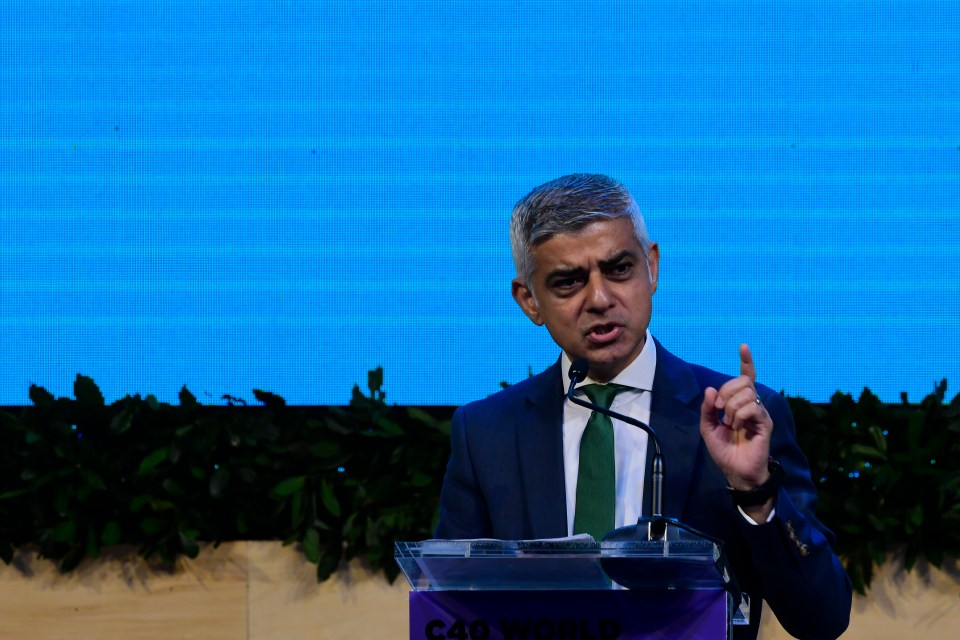Khan hasn’t used his powers to help the City, so he begs for more and blames SW1

Being the Mayor means taking responsibility and constantly making the case for London; that includes leading the way in supporting its vibrant financial centre, writes Daniel Korski
Everyone knows a child who has been given everything, hasn’t made the most of it and now wants something else. That is what I thought of when I read Sadiq Khan’s plea for more powers to help the City.
The distance between the City and City Hall has never been greater than under Sadiq Khan. For nearly eight years the Mayor has paid scant attention to the financial sector, done little to back technology innovators, and gone on few trade missions.
More than 10 years ago, I came up with Innovate Finance, the body now representing many of the City’s fintech startups. In the meantime Sadiq Khan has shown up to none of its annual events. Not a single one.
This isn’t just a problem for London and the many jobs in the financial services industry. When the City succeeds, the capital and the country succeed. When it fails, failure follows everyone. So the stakes are high. And the table is closing.
According to a report by EY, London lost over 7,000 jobs in financial services. London’s share of euro-denominated derivatives trading dropped from 40 per cent in 2016 to around 10 per cent in 2021, with trading volumes shifting to other European cities, as well as New York. And while London is still the most significant hub for fintech, investment into the sector dropped sharply compared to the last year.
The Mayor has to lead the way, not shirk blame. As Mayor, I would campaign hard for key reforms, like the scrapping of stamp duty on trades in the shares of all but the 100 largest companies. This move would exempt a vast majority of companies from this burden while still preserving revenue for Treasury. By reducing transaction costs, London can foster liquidity and strengthen its appeal to investors.
London should also actively pursue “follow the sun” financial services mutual recognition agreements with leading global financial centres such as Sydney, Singapore, the UAE, and Switzerland. Such agreements would allow firms to raise capital in multiple markets, including London, using a single set of documents.
Staying ahead of the curve in the evolving financial landscape, London should strive to become the world’s leading centre for the adoption of cashless payment systems. By investing in cutting-edge technology, promoting digital payment solutions, and encouraging innovation in fintech, London can enhance its appeal to global businesses and consumers alike. We have led with cashless payment on the Tube and now need to go further; maybe the whole square mile could be cashless.
Open banking has helped create startups like TrueLayer, Keebo and Credit Kudos and new services for customers but it’s time to look afresh at whether the systems to share data are fast and easy enough and how to drive better adoption.
Then comes the work to reform London’s listings regime to keep the City an attractive place for great companies to go public. Too many firms are choosing to list elsewhere; too few analysts understand technology stocks.
As Mayor I would push hard for further reform and personally help persuade companies to list here. And will lead and support trade delegations of fintech – and other – startups to overseas markets.
I know that leadership is about taking responsibility. It’s about having a plan, championing success, and relentlessly selling your products and services. It’s not about complaining. It’s not about blaming others. As Mayor of London I would back the City, not bleat about my own powers.
